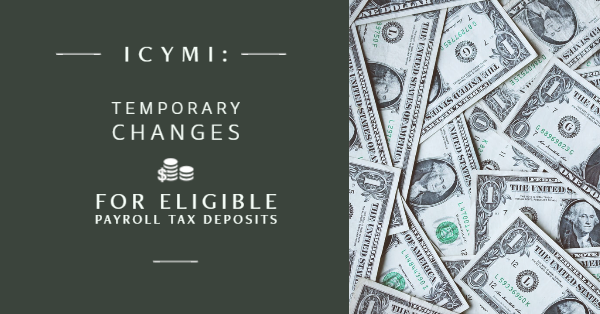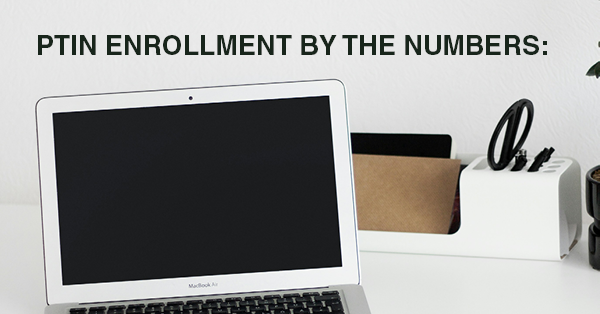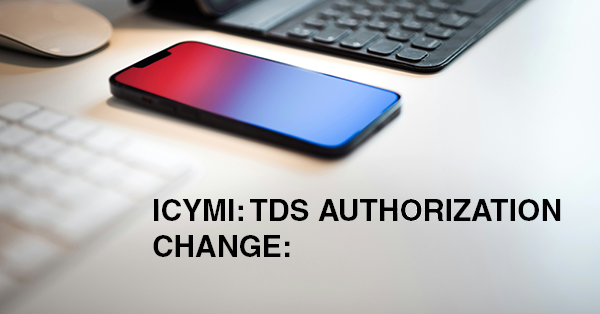ICYMI: Temporary Changes for Eligible Payroll Tax Deposits

For businesses with employees the IRS has provided for three situations where the payroll tax deposits held in escrow can be used to provide for mandated employee pay or to provide for business operations. I cannot emphasize enough the need for comprehensive documentation (except for the postponement of the Social Security tax deposits) for not only these provisions but the forgivable portion of the Paycheck Protection Program Loan (PPPL).
Hopefully the following will provide some clarity on how to handle the various payroll tax situations. The quarterly payroll tax return, Form 941, will be revised for the rest of 2020 in order to accommodate for the changes to the payroll tax deposit requirements:
A covered employer must provide to employees that it has employed for at least 30 days:
For more information, please see Families First Coronavirus Response Act: Employer Paid Leave Requirements
- Families First Coronavirus Response Act (FFCRA): if you have an employee who is unable to work due to the coronavirus and you are mandated under the Act to provide paid sick leave or paid family leave then the business owner can use payroll taxes held in escrow to pay the employee. This is a fully refundable credit from the U.S. Treasury. The employee is eligible for the paid sick leave regardless of length of employment and must satisfy one the following criteria:
- Two weeks (up to 80 hours) of paid sick leave at the employee’s regular rate of pay where the employee is unable to work because the employee is quarantined (pursuant to Federal, State, or local government order or advice of a health care provider), and/or experiencing COVID-19 symptoms and seeking a medical diagnosis; or
- Two weeks (up to 80 hours) of paid sick leave at two-thirds the employee’s regular rate of pay because the employee is unable to work because of a bona fide need to care for an individual subject to quarantine (pursuant to Federal, State, or local government order or advice of a health care provider), or care for a child (under 18 years of age) whose school or child care provider is closed or unavailable for reasons related to COVID-19, and/or the employee is experiencing a substantially similar condition as specified by the Secretary of Health and Human Services, in consultation with the Secretaries of the Treasury and Labor.
- Up to an additional 10 weeks of paid expanded family and medical leave at two-thirds the employee’s regular rate of pay where an employee is unable to work due to a bona fide need for leave to care for a child whose school or child care provider is closed or unavailable for reasons related to COVID-19.
- Payroll Tax Postponement: employers can withhold deposit of the 6.2% match of the employees Social Security taxes which can be used for any purpose. The withheld taxes are to be repaid by December 31, 2021 (half) and the balance by December 31, 2022. There are no compliance requirements or accounting for the funds retained. If you have a forgivable loan from the PPPL then this option is not available to the business.
For more information, please see Deferral of employment tax deposits and payments through December 31, 2020
- Employee Retention Tax Credit (ERTC): this refundable credit is up to $5,000 per employee for employees who earn less than $100,000. The two criteria here are either the business experiences the full or partial suspension of the operation of their trade or business during any calendar quarter because of governmental orders or experience a significant drop in revenue (identified as more than 50%) and has employees they continue to pay. If the employer qualifies for this credit they can retain the payroll taxes that would normally be deposited. If you have a forgivable loan from the PPPL then this option is not available to the business.
For more information, see Employee Retention Credit
As a further enhancement the IRS has created Form 7200, Advance Payment of Employer Credits Due to COVID-19, to apply for the refundable credits of the FFCRA and the ERTC now, instead of waiting for the filing of the annual corporate tax return.




